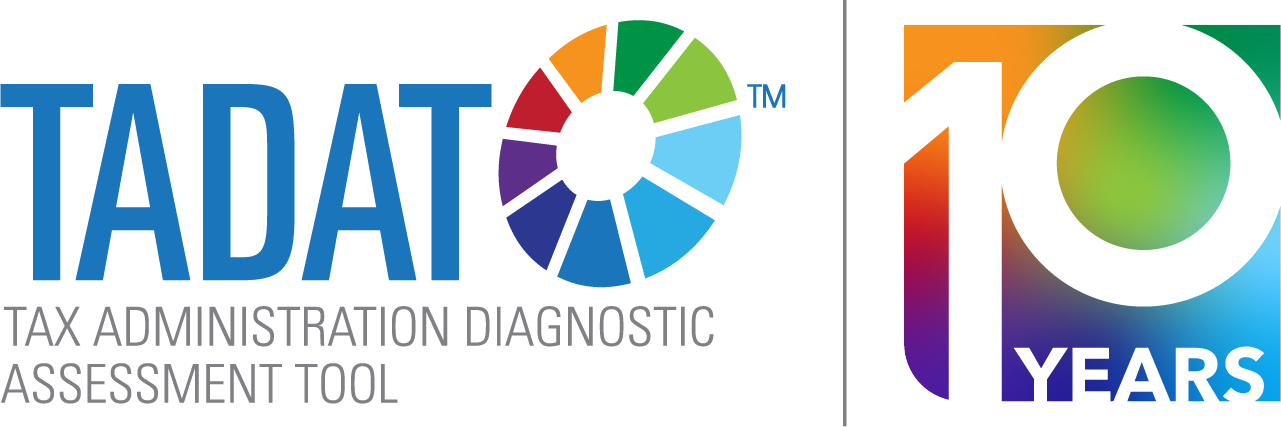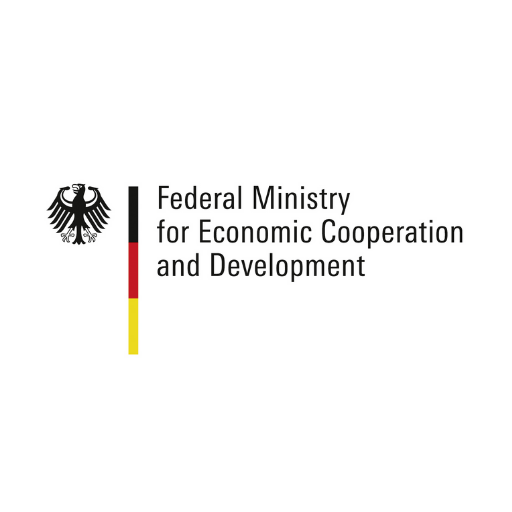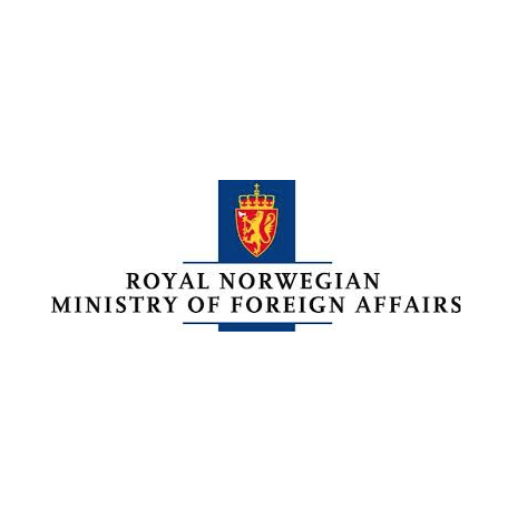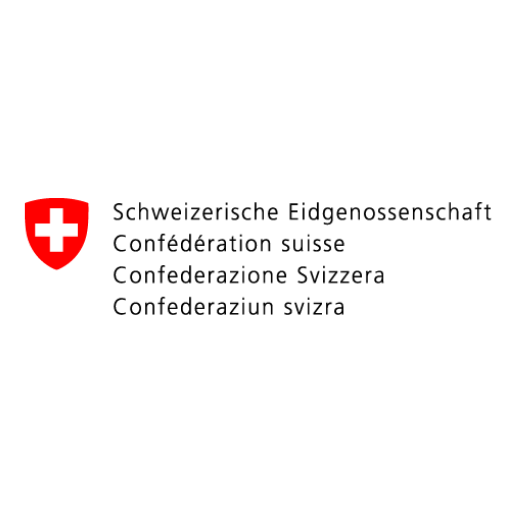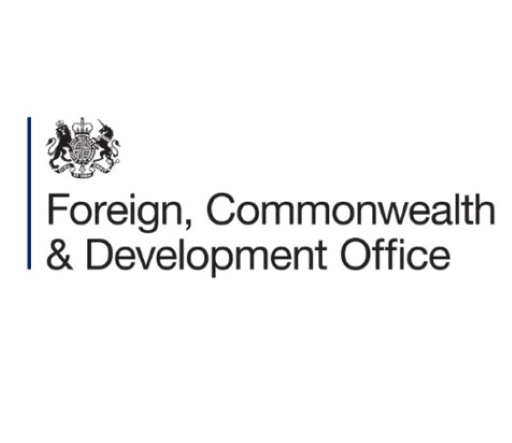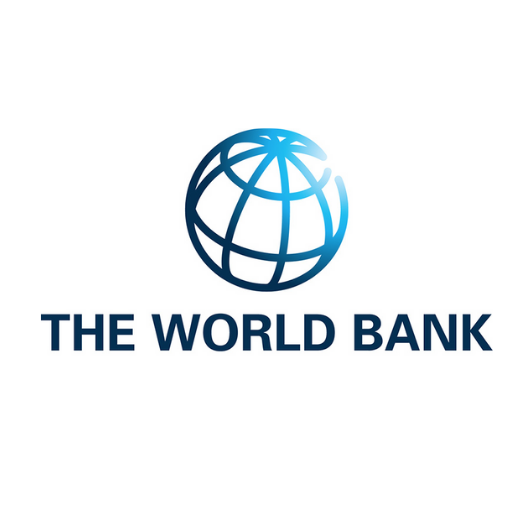TADAT is the revenue counterpart to the Public Expenditure and Financial Accountability (PEFA) framework that assess the condition of country public expenditure, procurement and financial accountability systems – so the two together can provide a comprehensive view of the whole fiscal picture. Like PEFA, TADAT is an international tool that will be available for use by country authorities and those assisting them to improve public services and social outcomes. Its design closely mirrors that of the PEFA performance measurement framework, in terms of both the broad intention of providing a standardized assessment of institutional performance and key methodological features, such as the scoring system. .
Frequently Asked Questions
TADAT is a tool that has been developed by international development partners, with technical input from a wide range of experts, to help make tax administrations around the world more efficient and fair. It provides an independent, standardized, evidence-based, quality-assured, all-round assessment of the performance of a tax administration system.
No one likes paying taxes, but everyone benefits when collection of those taxes is efficient and fair. For all countries, building more effective and trusted tax administrations and related systems is critical. Collections help finance much needed social spending and infrastructure. An efficient tax administration is also a key pillar in building accountable, effective and respected government institutions. Achieving this objective is partly down to good tax design but it is also largely a matter of building strong tax administrations. This is not easy.
TADAT is supported by the European Commission, Germany, Japan, Netherlands, Norway, Switzerland and the United Kingdom.
A prerequisite is at least 5 years of relevant experience working on tax administration issues in a tax agency/department, ministry of finance, consulting firm or university; or working on public finance/revenue administration-related projects for bilateral, regional or international development institutions. If you have than background, the next step is to fill an online application form on the TADAT website. Qualified candidates will be enrolled into the TADAT online course. The course consists of 12 modules covering all aspects of the TADAT methodology, including the scoring criteria for each of the 9 performance outcome areas. At the end of the 12 modules, candidates will take an online exam. Those who pass the exam are designated as ‘trained TADAT assessors’ and become eligible to participate in TADAT assessments in any country.
The objectivity of TADAT is ensured through use of a structured methodology for conducting assessments, standardization and rigid insistence on firm evidence for all assessments made as provided in the TADAT Field Guide—and through the training of TADAT assessors. Further, the TADAT Secretariat will review the Performance Assessment Reports to ensure that all quality standards are met and consistently maintained.
TADAT works by evaluating a tax administration in each of nine ‘Performance Outcome Areas’ (POAs), shown on the TADAT ‘wheel.’ The evaluation starts with taxpayer registration — making sure all are in the tax net who should be, and that records are up to date – and goes all the way to looking at how tax disputes are handled and whether the tax administration is working transparently. A score is given for each dimension. Dimensions for a given indicator are aggregated, either as average or based on the weakest link, to form the score of the indicators. The POAs themselves are not scored. The TADAT Field Guide describes in detail the methodology used.
No. The TADAT tool doesn’t aim to reach some overall score or country ranking – it is not trying to create league tables. Nor does it come up with immediate recommendations or advice. This is a diagnosis, not a prescription. The idea, rather, is to help countries themselves identify their own tax administration’s relative strengths and weaknesses, and develop reform strategies accordingly.
The objectivity of TADAT is ensured through use of a structured methodology for conducting assessments, standardization and rigid insistence on firm evidence for all assessments made as provided in the TADAT Field Guide—and through the training of TADAT assessors. Further, the TADAT Secretariat will review the Performance Assessment Reports to ensure that all quality standards are met and consistently maintained.
On the TADAT website www.tadat.org
An indicator is a high level, and specific, information on the state or condition of a particular tax administration’s system, process or institutions. A dimension is a low level measure used for scoring an indicator. Each indicator has 1 to 4 dimensions.
TADAT assessments will be undertaken by a wide range of organizations: regional development banks, international organizations, consultancy firms, bilateral donors, and others. A key element of the TADAT philosophy is that assessments should be undertaken only by trained assessors who have experience in tax administration matters. A tax administration will contract services of trained assessors who will engage with the TADAT Secretariat which is the custodian of the TADAT brand.
Once scheduled, candidates can take the exam from their own computer using the edX account they created prior to enrolling for the TADAT online course. Digital identity verification and proctoring will be performed during the examination.
At this stage, the TADAT online training, including the exam, is free.
Importantly, TADAT is for everyone—not just developing countries. Tax administrations in all countries face the same basic challenges. Indeed the years since the 2008 financial crisis have exposed weaknesses in many tax administrations in advanced economies and lent renewed urgency to fair and effective tax collection in many more. At the same time, many have been asked to do more with fewer resources. For them too, a hard-nosed and independent assessment of their strengths and weaknesses can provide an invaluable perspective in deciding their own priorities for improvement.
TADAT is overseen by a Steering Committee of enthusiastic development partners – the European Union, Germany, Japan, Netherlands, Norway, Switzerland, and United Kingdom along with the IMF and the World Bank. An expert group of technical advisors provides technical advice. Day-to-day operations are overseen by a small secretariat within, but at arm’s length from, the IMF. The secretariat is responsible for developing the tool, and — crucially — for assuring the quality of TADAT assessments.
